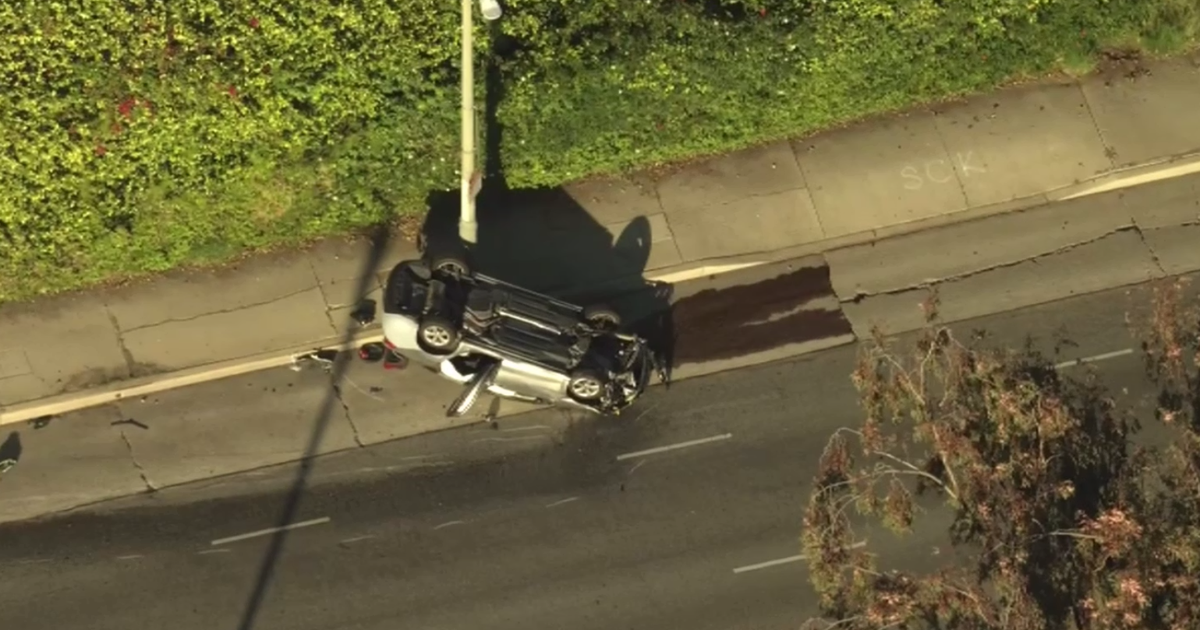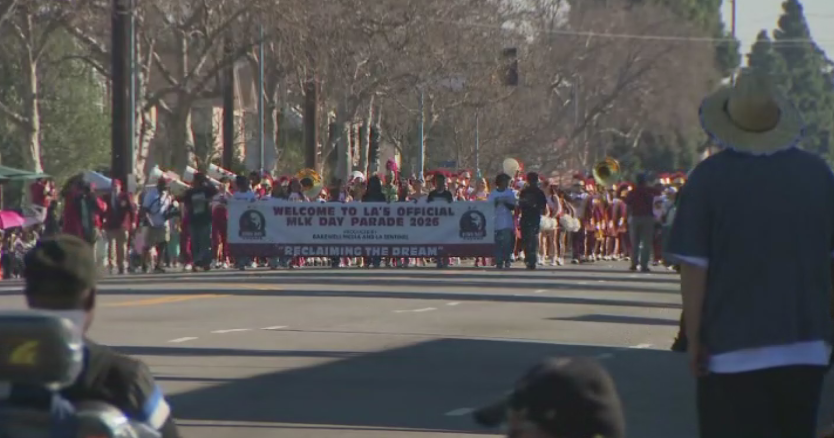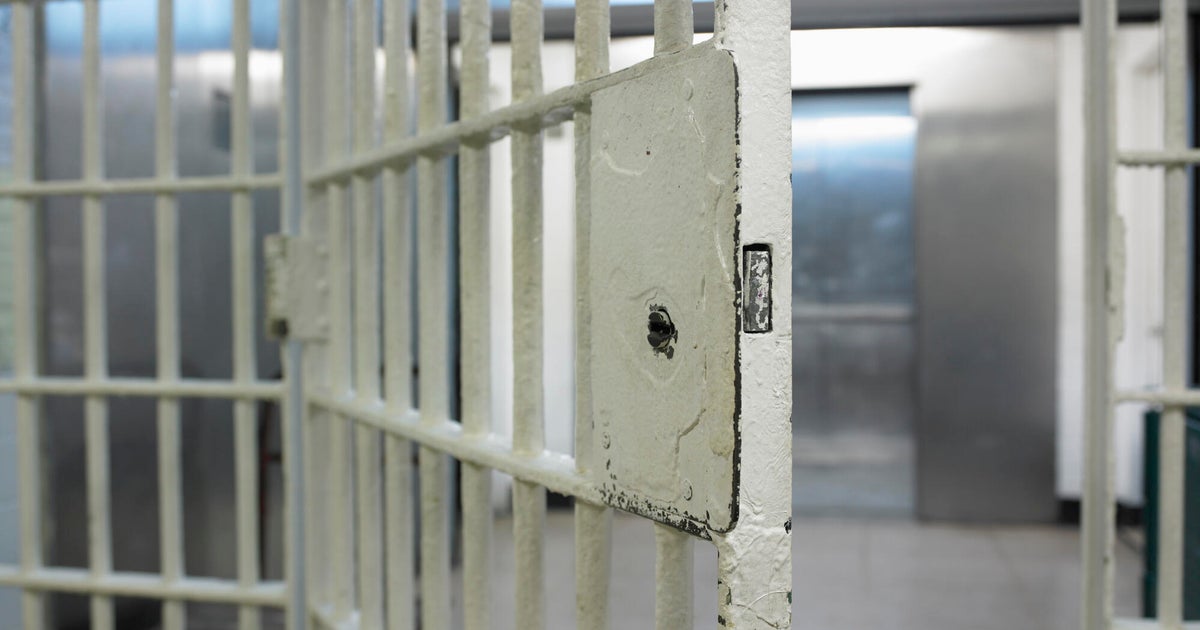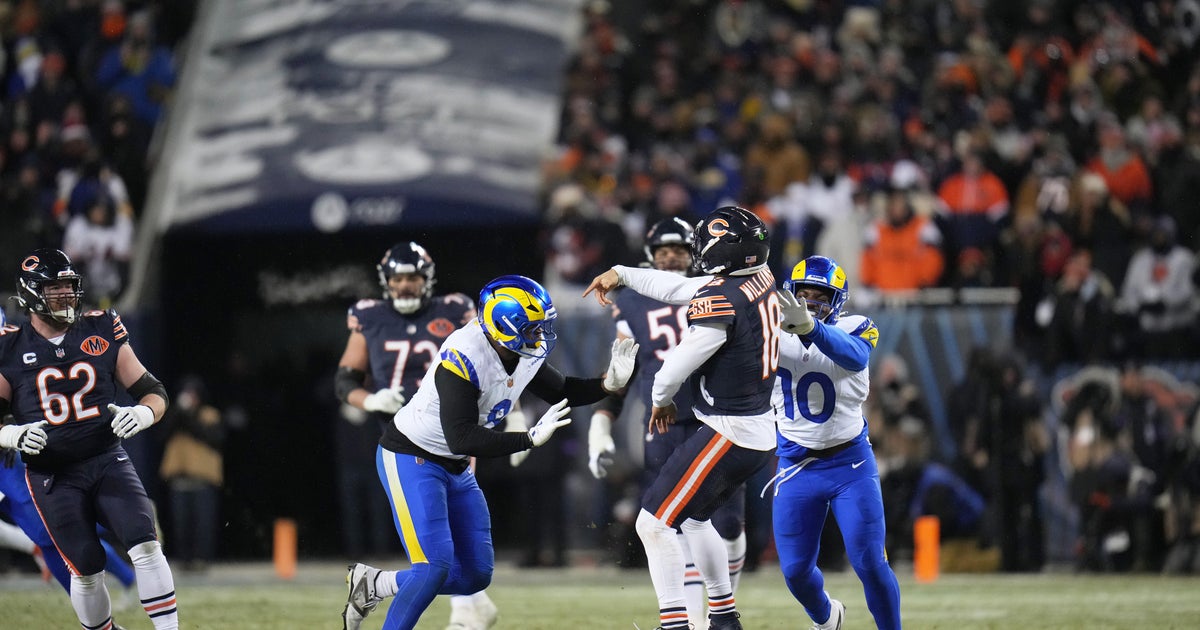A Passover message: Overcoming a plague of hubris
Commentary from Senior Rabbi Steve Leder of the Wilshire Boulevard Temple in Los Angeles:
This is how the Bible describes the ninth plague of the Passover story:
"So Moses stretched out his hand toward the sky, and total darkness covered all Egypt for three days. They did not see each other, and no one rose from underneath it."
From underneath what? What is it that keeps us from really seeing each other?
We fail to truly see others when we cannot get rise above our own assumptions.
We turn a blind eye to the possibility that we are wrong about another person, and that is the darkest plague of all.
The Hebrew Bible's word for Egypt (miztrayim) comes from the word narrow. True liberation comes when we transcend our narrow-mindedness, throw off the shackles of hubris, and step into the light of empathy.
We meet most people in the second act of their lives; we have no idea what happened to them in the first, or what will happen in the third.
My own anxieties and flaws, and the confessions I hear on what I call "the couch of tears" in my study, have taught me to think twice before casting dark shadows on people.
I discovered a beautiful Chassidic blessing when studying about the plague of darkness. I keep it taped above my computer at home. That blessing simply says, "Just as you have judged me favorably, so may God judge you favorably."
Isn't that what we all want? For the judge to get up from his or her own place and stand in ours; to be seen for who we are at our best?
And if that is what we want; can't we grant that same liberating, darkness-defying compassion to others?
For more info:
- Rabbi Steve Leder, Wilshire Boulevard Temple, Los Angeles
Story produced by Julie Kracov. Editor: Carol Ross.
See also:





